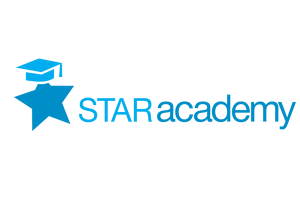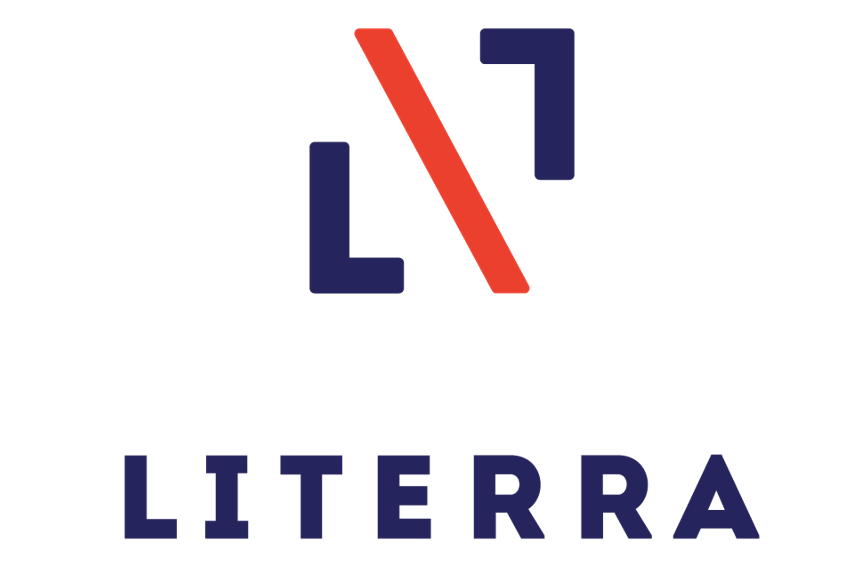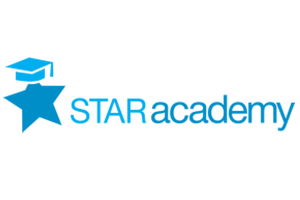Applied Linguistics and TESOL
About the program
The master degree in Applied Linguistics and TESOL will help you develop your teaching, academic, and scientific skills. With its dual focus, this program will provide you with solid knowledge of the complex relationship between language and culture, as well as a strong theoretical and practical foundation in the field of teaching English to speakers of other languages.
Why should you choose this program?
This program will strengthen your understanding of language learning and teaching, allow you to explore varied educational contexts, and reflect on your teaching experiences. This degree will develop your knowledge of:
- Psychological and linguistic processes involved in a second language acquisition.
- Modern pedagogical theories in the field of teaching English as a foreign language.
- Technological tools for instructional systems design.



Key competencies and skills
On successful completion you will be able to
- Articulate the complex roles that language plays in human interactions in a range of professional and social contexts.
- Critically analyse communicative interactions from a range of theoretical perspectives, drawing on both established and cutting-edge theories of language and grammar.
- Critically evaluate bodies of research literature in the fields of applied linguistics and language education.
- Creatively design or adjust a second or foreign language curriculum in line with current evidence-based practice.
- Appraise language teaching materials, techniques and approaches with reference to language learning theories, learning context, and learner goals.
- Select or design language assessment tasks or tests that are appropriate to the purpose of the assessment, in line with current research-based practice.
- Apply a range of theoretical perspectives to understanding the complexities of language classrooms and the interactions that occur within such classrooms.
- Conceive and formulate research questions relating to language in use and language learning, and design research to address such questions.
- Synthesise findings in diverse areas of second language acquisition research in order to propose creative solutions to problems faced by language learners and language teachers.
The curriculum includes several modules aimed at developing your academic, scientific, and professional skills:
- The Academic module includes the courses such as “English for Academic purposes”, “Professional Communication and Written Discourse”.
- The Scientific module equips you with knowledge of digital resources in scientific research, the history and methodology of science, as well as skills on how to conduct a scientific project.
- The Professional module provides courses such as “Instructional systems design”, “Theory and Practice of Language Teaching and Learning”, “Learning psychology and Psycholinguistics”, and “Intercultural communication in Education”.
About the program
|
|
|
To provide students with the linguistic and pedagogic knowledge, the research and analytic skills, and the confidence necessary to develop their careers in ELT.
|
Master’s Degree |
|
2 years, full-time |
|
|
407 400 Rubles |
The program is taught in English |
|
The demand for specialists in learning psychology and language education is rapidly increasing worldwide. This program will enrich your professional background and allow you to build a fulfilling career in language teaching, language curriculum design, and program management in tertiary institutions and research centers. With the completion of the degree in Applied Linguistics and TESOL, you will be eligible for employment in varied countries and educational contexts. |
| Module | ECTS | |||
|---|---|---|---|---|
| 1st Semester | 28 | |||
|
Digital resources in scientific research |
3 | |||
|
English for Academic purposes |
6 | |||
|
History and methodology of science |
3 | |||
|
History and Modern Issues of Pedagogical Science |
3 | |||
|
Theory and Practice of TESOL |
5 | |||
|
Project Activities |
7 | |||
| 2nd Semester | 31 | |||
|
Innovative Methods and Techniques in Education |
2 | |||
|
Intercultural Communication in Education |
4 | |||
|
English for Specific Purposes |
3 | |||
|
Language Teaching Methodology |
5 | |||
|
Theory and Practice of Language Teaching |
4 | |||
|
Project Activities |
13 | |||
| 3d Semester | 28 | |||
|
English for Specific Purposes |
5 | |||
|
Written Discourse |
5 | |||
|
Technology Enhanced Language Learning |
4 | |||
|
Computer and applied linguistics |
4 | |||
|
Pedagogical Design |
4 | |||
|
Innovative Methods and Technologies in ELT |
4 | |||
|
Project Activities |
2 | |||
| 4th Semester | 33 | |||
|
Final Assessment (Master thesis) |
9 | |||
|
Project Activities |
24 | |||
| Total | 120 | |||
- Wiki-based collaborative creative writing in the ESL Classroom
- Integrating a computer-based flashcard program into academic vocabulary learning
- The effects of YouTube listening/viewing activities on EFL learners' listening comprehension
- ESL learners' motivation and task engagement in technology enhanced language learning contexts
- Critical thinking and language use through the use of WebQuests in an EFL reading class
Admission procedure
International applicants may find additional information concerning Admission procedure before and after arrival or fill in an on-line application if they have already made a decision.



Partners:
T-Service is the only authorized reseller of Trados solutions in Russia, as well as in Ukraine, Kazakhstan, Belarus, Armenia, Azerbaijan, Kyrgyzstan, Moldova, Turkmenistan, Tajikistan, Uzbekistan, Mongolia, providing technological support to companies, helping to realize the benefits of Translation Memory technology in translation processes.
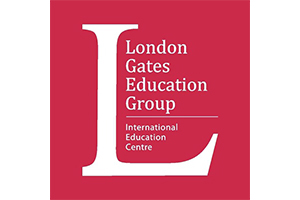
London Gates Education Group provides additional education in English for children from 9 months to 17 years old. The company creates an intellectual English-speaking environment where children develop their academic, language, and social skills and study a variety of subjects in English.
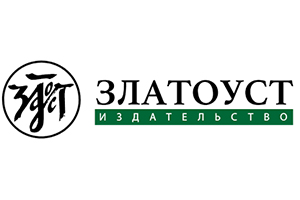
Zlatoust Publishing House is a division of the Zlatoust Center. Since 1990, the company has been helping to learn and teach Russian as a foreign language around the world.
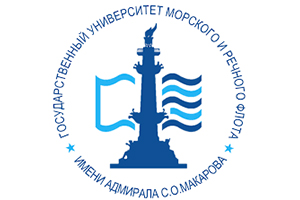
Admiral Makarov State University of Maritime and Inland Shipping is one of the oldest and the largest center of the shipping industry personnel education and training in the Russian Federation, providing education and training for maritime as well as inland water operators of the shipping industry.
Internships and practice:
Learn more about MSc Applied Linguistics and TESOL
Contact details
Peter the Great St. Petersburg Polytechnic University
Institute of Humanities
- 19 Polytechnicheskaya str. (metro station Muzhestva), 194021, St.Petersburg, Russia
- Program coordinator: Katz Nora Grigorievna
- +7 (812)297-99-97
- +7 (812)297-97-84
- kats_ng@spbstu.ru
- gs_alti@spbstu.ru
- https://hum.spbstu.ru/en/
- https://lmcc.spbstu.ru/

